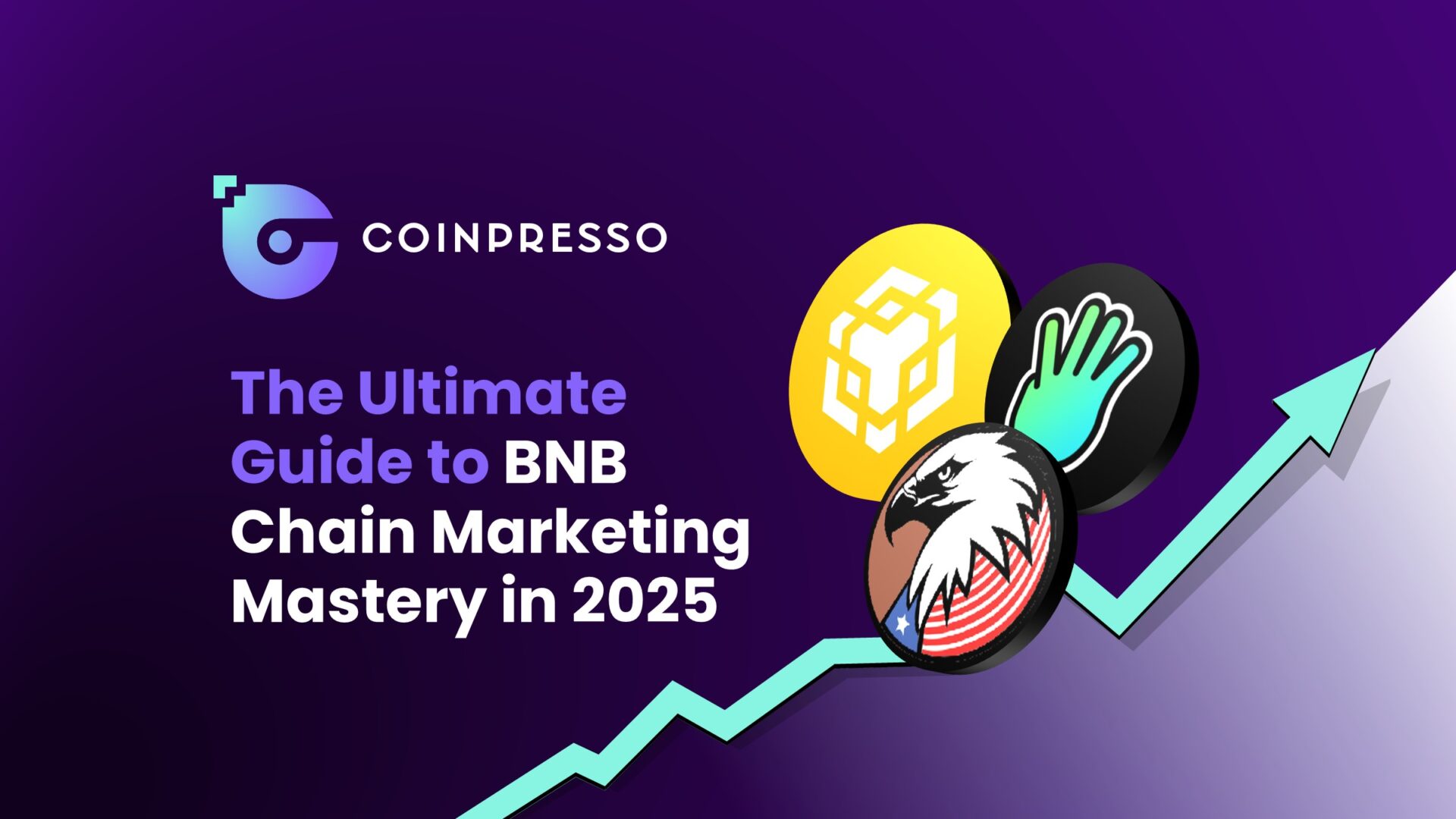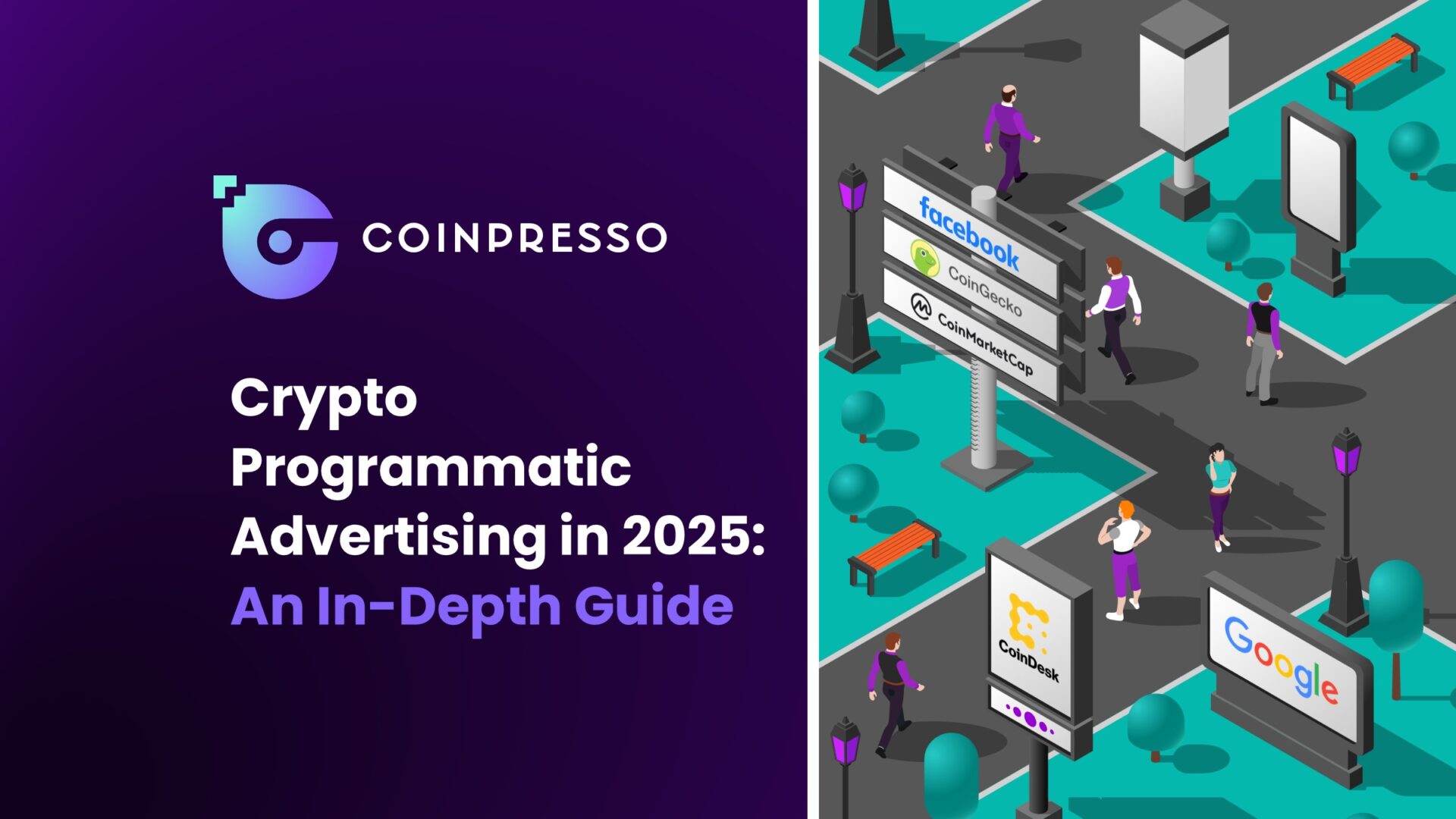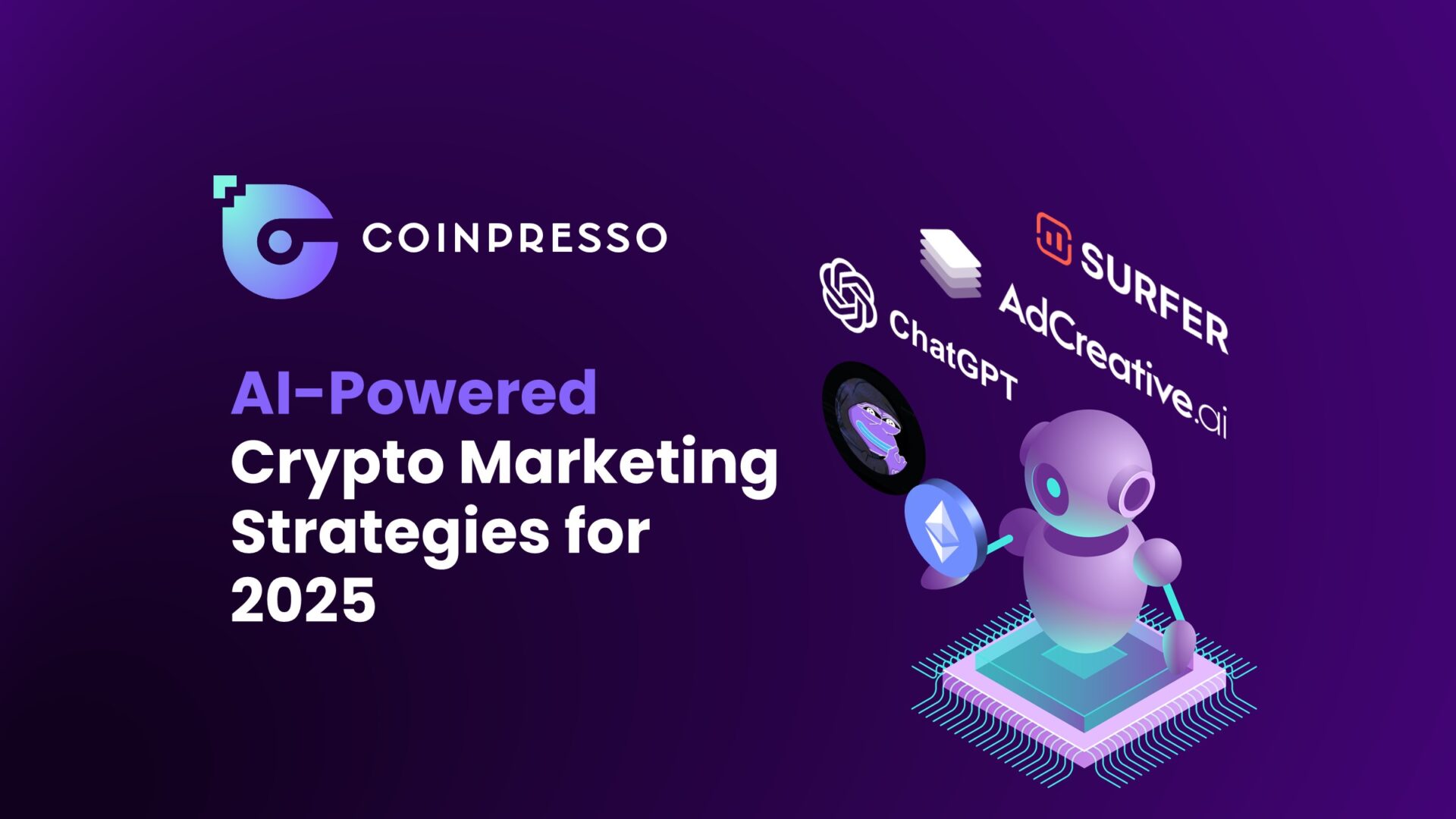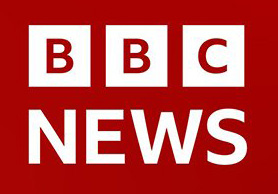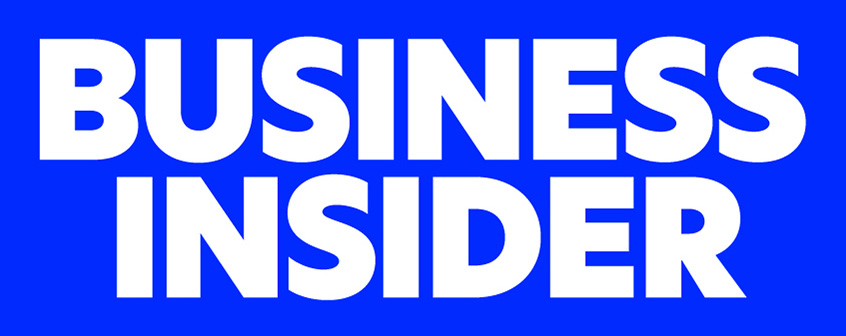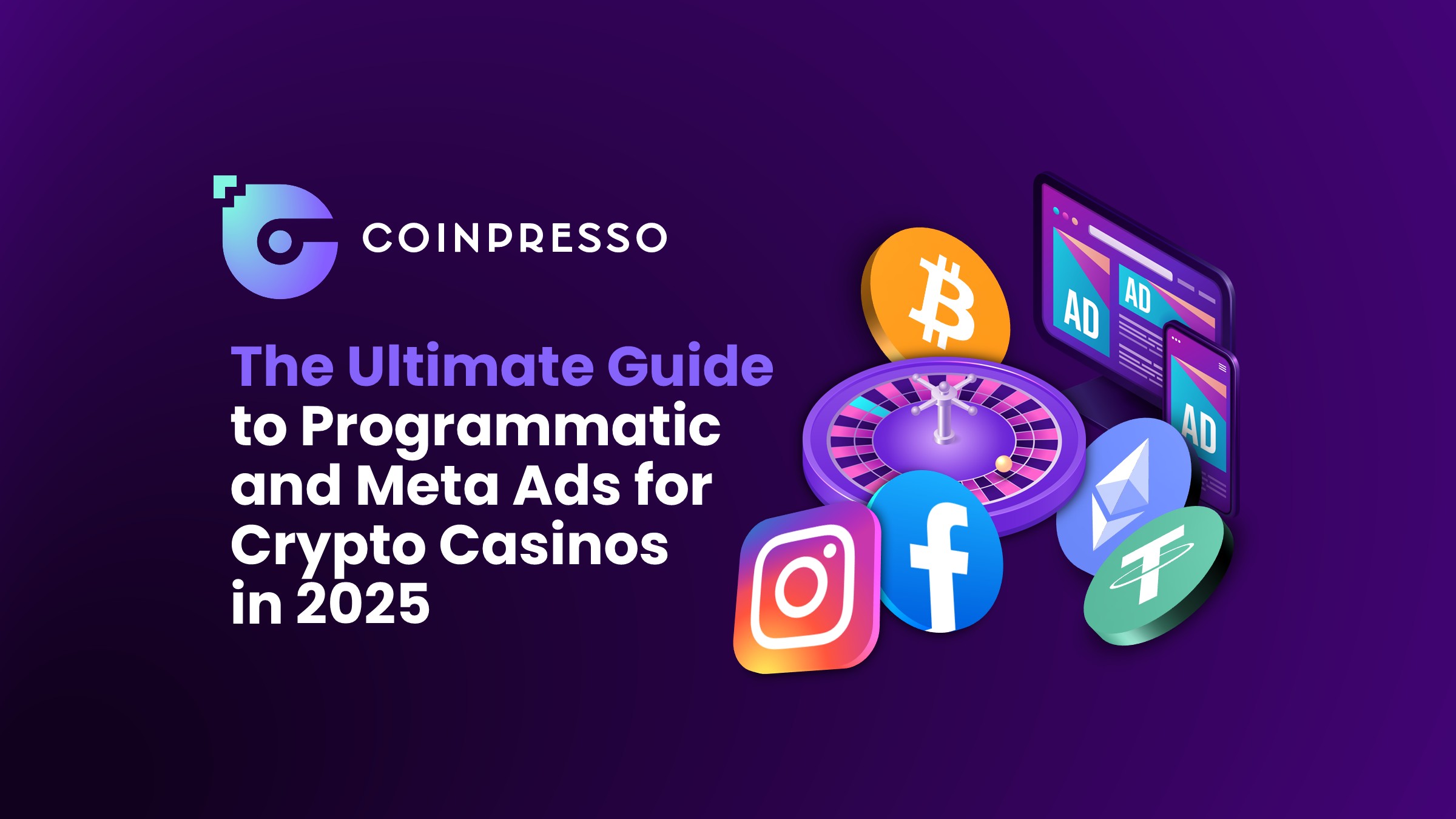
The crypto casino market has undergone an impressive rise from a relatively niche part of the crypto market to becoming a genuine contender with already established traditional online gambling sites.
A report from the Financial Times found that crypto casinos are generating revenue in excess of $80 billion per year, presenting a major headache for established gambling sites while providing users with an entirely new model for online gambling.
Unsurprisingly, when a market grows from under $5 billion in revenue to over $80 billion in less than five years, competition heats up. In the past couple of years, dozens of new crypto casinos have launched, all promising better payouts, fairer games, minimal KYC, and various sign-up bonuses.
The truth is that even launching an externally technically impressive site with generous bonus schemes, there's no guarantee that a team will be able to carve out a solid share of the market without a comprehensive crypto casino marketing strategy.
Two of the most useful tools in the crypto casino marketing vertical are programmatic ads and Meta ads.
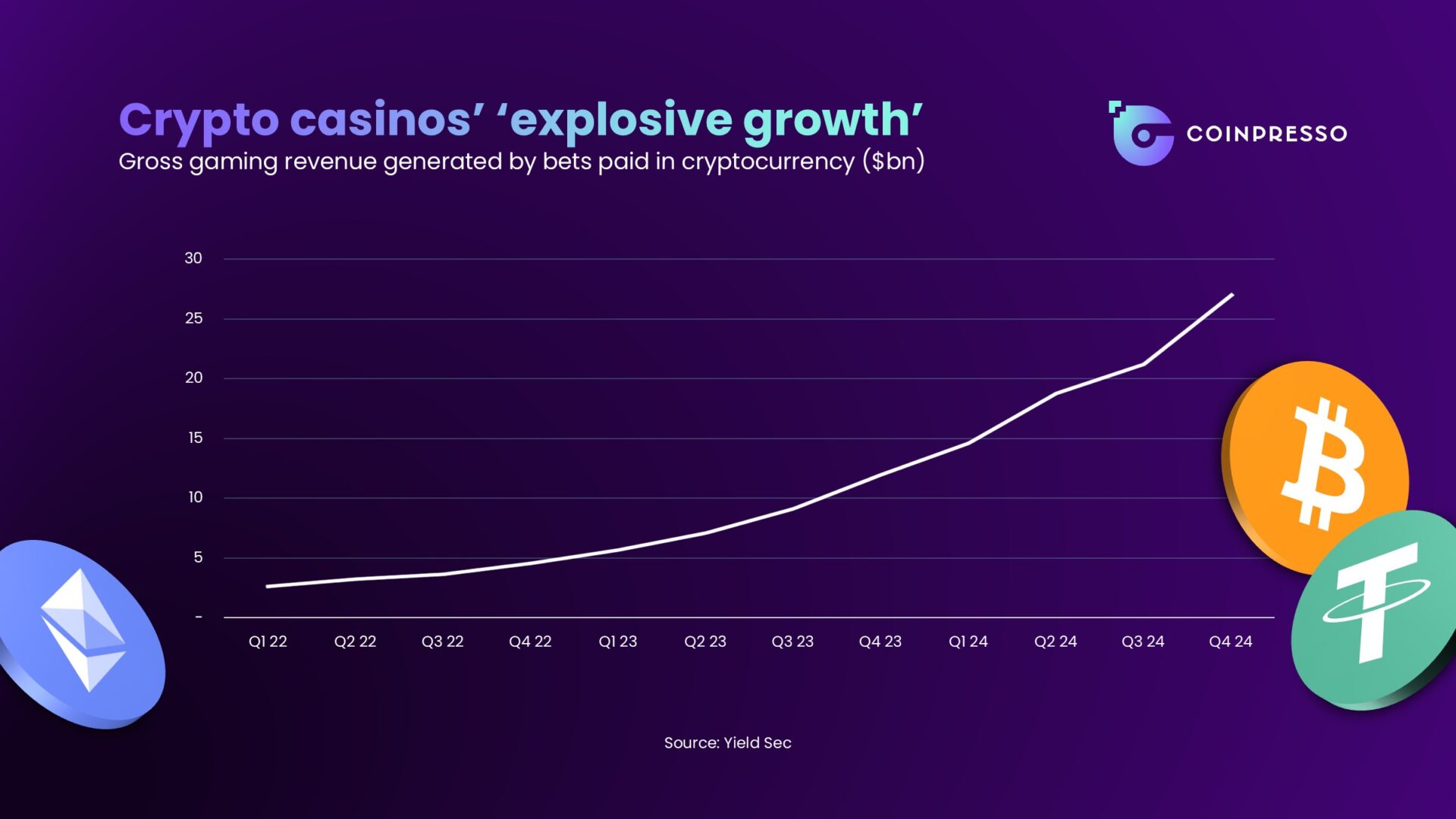
Programmatic Advertising: A Crypto Casino Traffic Gold Mine
Programmatic advertising has become a key marketing tool in the crypto space over the past couple of years. The automated buying and selling of digital ad space across much of the web makes it an extremely useful tool for sites looking to increase their traffic.
Many projects have successfully raised hundreds of millions of dollars through programmatic ads. Most of the notable success stories, like BlockDAG, have been presales. However, the programmatic ads market in Web3 has recently started to shift from presales to crypto casinos.
Programmatic ads can benefit crypto casinos by offering unparalleled reach. They allow casinos to target specific segments of crypto users based on their online behavior, interests in gambling, and even their on-chain activities. This ensures ads are shown to the most relevant potential players, optimizing ad spend and driving higher conversion rates for sign-ups and deposits.
Key Advantages of Programmatic Ads for Crypto Casinos:
- Access to Niche Inventory: This allows reaching users on crypto news sites, trading forums, dApp browsers, and other relevant publisher sites that major advertising platforms often restrict or cannot access. It opens up highly specialized audiences.
- Advanced Targeting: Beyond basic demographics, programmatic ads allow targeting based on crypto wallet activity (contextual), specific Browse behavior (e.g., visiting other casino review sites), and creating lookalike audiences from existing high-value players.
- Flexibility & Control: Programmatic advertising offers the ability to bypass the overly restrictive policies of "walled gardens" like Google and Meta for certain types of crypto-related advertising. This provides more freedom in ad placement and messaging, allowing for campaigns tailored to the crypto-native audience.
Building a Winning Programmatic Strategy
Programmatic advertising for crypto casinos is one of the most useful Web3 marketing tools. The issue facing many crypto casinos is the lack of expertise in programmatic ads. Setting up a campaign, deploying it, and then managing it based on data reports requires considerable amounts of expertise that can generally only be found in cryptocurrency marketing agencies.
Most leading crypto casinos reach out to these teams for programmatic ads support in order to make sure that maximum returns are earned from spend and campaigns are adjusted quickly based on the latest data. This outsourcing ensures specialized knowledge is applied to navigate complex ad tech environments.
The setup process begins with selecting the right Demand-Side Platforms (DSPs) that have access to crypto-friendly ad networks and publishers. Agencies often leverage existing contacts within this area to streamline platform approval and ad inventory access.
Once the platforms are chosen, the agency uses their in-house graphic designers and crypto copywriting teams to create highly effective banners and text. These creatives are designed to grab attention and drive clicks, adhering to strict compliance rules.
Different forms of targeting are then applied. This includes audience targeting, reaching specific user segments based on their interests or behavior; contextual targeting, placing ads on relevant content pages; and retargeting, which aims to re-engage users who have previously visited the casino's site.
Finally, the collection of data is crucial. Agencies meticulously gather performance data, collate it into comprehensive reports, and analyze these insights to make rapid adjustments to the campaign. This continuous optimization based on real-time data ensures the strategy remains efficient and effective, maximizing ROI within the client's budget.
Meta Ads: The High-Risk, High-Reward Crypto Casino Marketing
Meta's two leading social media sites, Facebook and Instagram, remain leaders in the space. Billions of people rely on these sites and use them to socialize, read the news, play games, and generally spend a considerable chunk of their free time.
As a result, being able to place ads across Meta can be a massive boost for a crypto casino's traffic. However, much like programmatic ads, the process is far more complicated than simply paying the ads budget and uploading a few banners.
Crypto casino teams generally don't have the in-house expertise to run and manage a Facebook crypto advertising campaign efficiently. The complexities of Meta's policies for gambling and crypto content, combined with the need for continuous optimization, often necessitate external specialized support.
The Meta ads setup process involves creating an authorized advertiser account, which requires providing proof of licensing and compliance with local laws. Once approved, campaigns are deployed with highly specific targeting. Data collection on ad performance is continuous, with detailed reports guiding daily adjustments to creatives, audience segments, and budget allocation. This ensures campaigns remain effective and policy-compliant.
One of the main issues with Meta ads is compliance. Agencies possess expertise in walking the line and ensuring that ads aren't removed by moderators. They understand the nuances of Meta's definitions for "online gambling" and "social casino," allowing them to craft ads that resonate with users while adhering to strict guidelines. This includes avoiding explicit mentions of real money or betting outcomes.
It's important to acknowledge that the regulatory framework is a gray area, and account suspension is always a possibility due to Meta's strict and often somewhat unclear policies. Continuous monitoring and adaptation are essential. Agencies with quality ads teams make a concerted effort to stay ahead of this curve by constantly reviewing policy updates and refining strategies to maintain compliance and keep campaigns live.
Infinaeon: A Coinpresso Meta Ads Strategy Case Study
A crucial element of any successful Meta Ads strategy is to effectively track KPIs. Only through an effective tracking and attribution process can teams make the necessary changes to keep an ads campaign from dropping off or experiencing periods of unwanted spend.
Three of the most notable KPIs worth tracking with a crypto casino Meta ads campaign include the following:
- Cost Per Acquisition (CPA): The cost to acquire a new depositing player, crucial for budget efficiency.
- First-Time Deposit (FTD) Rate: The percentage of sign-ups that successfully make a first deposit, indicating conversion effectiveness.
- Player Lifetime Value (LTV): The ultimate measure of campaign success, calculating the total revenue a player is expected to generate over their engagement with the casino.
The Infinaeon campaign, while not a crypto casino, shows just how lucrative Meta Ads can be when deployed and managed by a crack team of ad specialists. This project is an example of effective, data-driven advertising in the crypto space.
Under the Coinpresso team's management, the Meta Ads campaign for Infinaeon helped it raise well over $1 million during its presale. The reports, consistently created and shared with the Infinaeon team, showed the impressive ROI of the campaign, highlighting the power of precise targeting and continuous optimization.
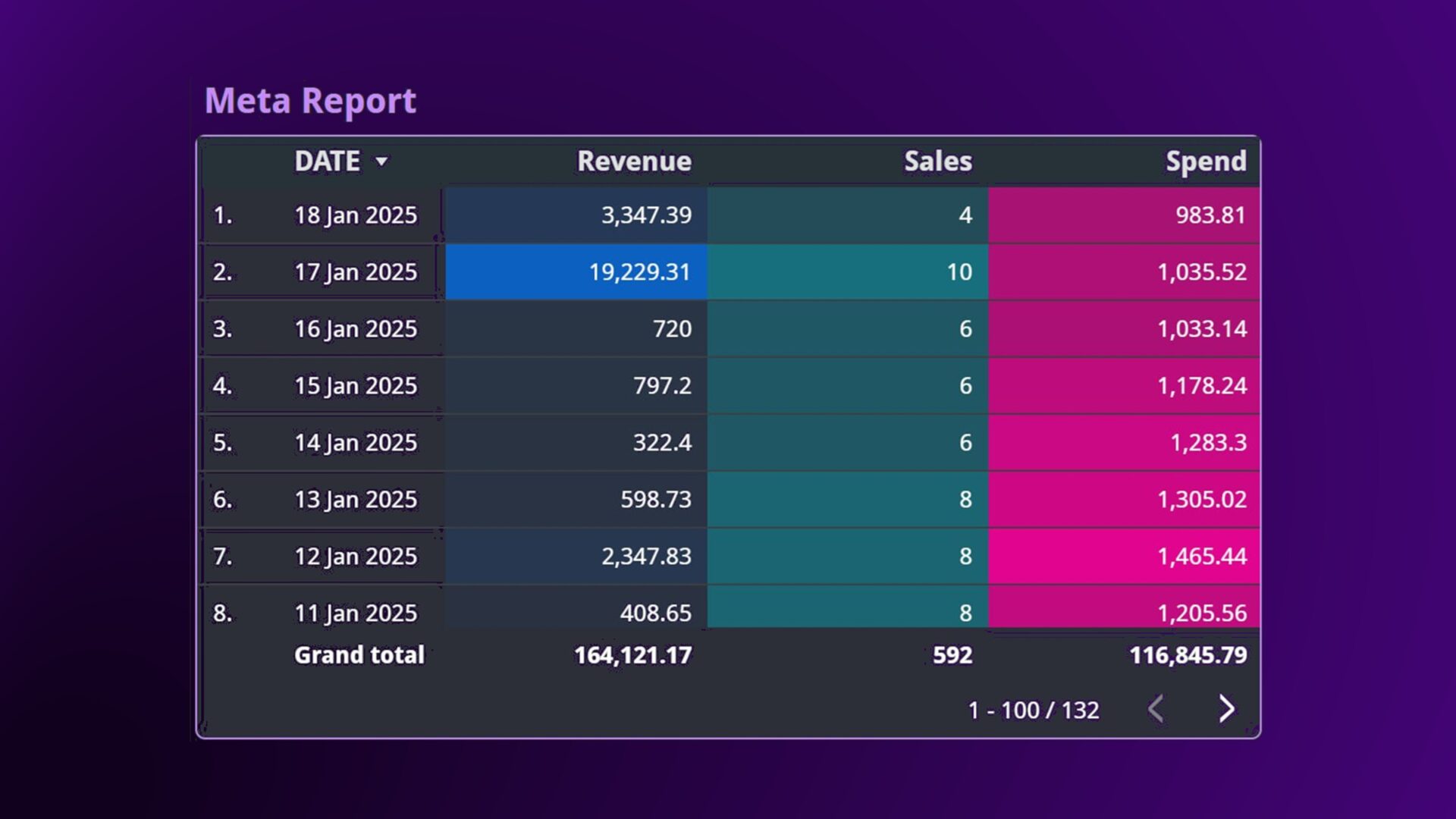
Final Thoughts on Programmatic and Meta Ads for Crypto Casinos
The crypto casino market's breakneck growth has surprised even the most optimistic predictions. Billions of dollars flow through the casinos every year, and the most successful sites rack up enormous streams of revenue. The competition for crypto casino players, especially high-value players, means that successful sites have made considerable investments into their marketing plans, and generally, a large chunk of their budgets goes towards programmatic and Meta ads campaigns run by expert agencies.
FAQs
Can you advertise crypto casinos on Facebook?
Meta Platforms allows online gambling advertising with strict permission and policy adherence. Ads must comply with local laws and often focus on "social casino" or free-play content. This requires careful navigation of complex guidelines for crypto casinos.
What is the best ad network for crypto gambling sites?
The best ad network for crypto gambling sites depends on specific campaign goals. Leading networks specialize in crypto and iGaming focus, offering advanced on-chain and behavioral targeting.
How do you target crypto users with programmatic ads?
Targeting with programmatic ads involves geo-location, device, and interest filters. Advanced methods include behavioral targeting based on crypto site visits or token holdings. Contextual targeting places ads on crypto news and analytics sites.
What is a good CPA for a crypto casino player?
A good CPA (Cost Per Acquisition) for a crypto casino player varies significantly based on market dynamics, game type, and the player's potential lifetime value. Industry benchmarks suggest CPAs for depositing players can range widely, with high-value individuals justifying higher acquisition costs.
Is it legal to advertise crypto casinos in the USA?
Advertising crypto casinos in the USA is highly complex due to fragmented state and federal regulations. While some states permit online gambling, operating crypto casinos within the US faces significant legal hurdles. Advertisers must navigate platform policies and local laws with caution.

